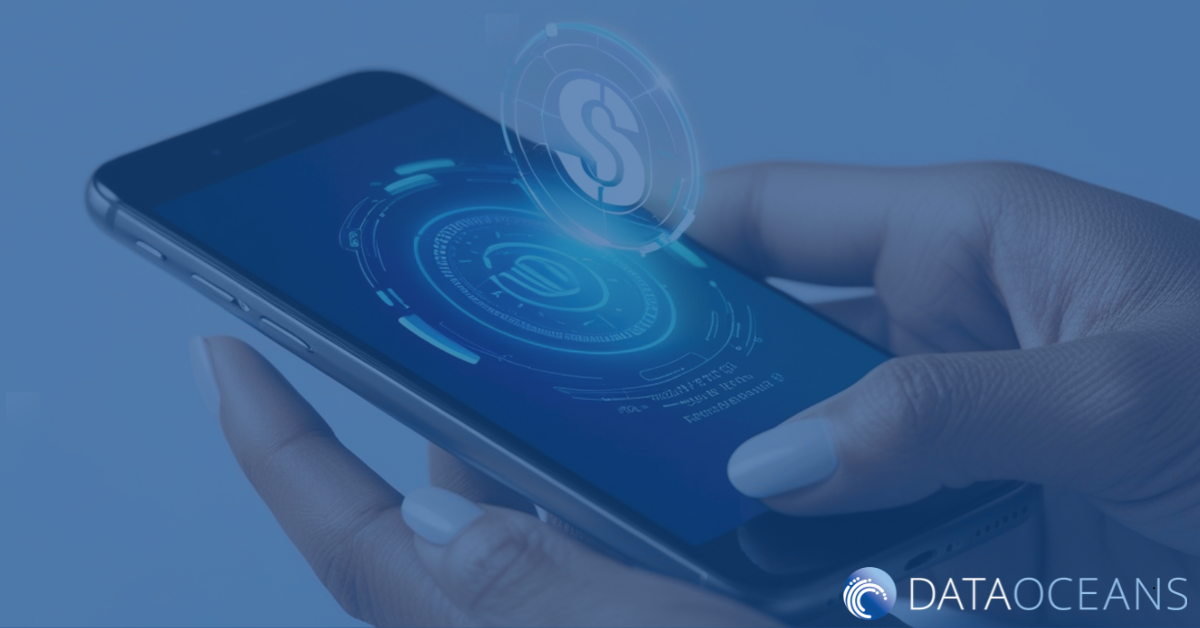Whether it’s through email cadences, video or social media, today we are more connected than ever to our customers. Yet at the same time, we are experiencing a deficit of trust. The Edelman trust barometer has been tracking these numbers for two decades, and its recent report indicates that there is a widespread decline in trust in our institutions.
The Edelman report attributes this to “a growing sense of inequity and unfairness in the system…. that institutions increasingly serve the interests of the few over everyone.” Digital platforms like social media can escalate distrust by calling attention to this. Your business wants to deepen your relationship with your customers and instill loyalty. But in today’s climate, you are going to have to work much harder to build customer trust.
How do you do this right? When you communicate with your customers, are you building trust or undermining it? Your business is trying to be responsive by pivoting to new demands for corporate responsibility in areas like inclusiveness and climate change. Building customer trust is difficult because it requires a sincere commitment to values like humility, transparency and authenticity that have historically been in short supply in the business realm. It’s not that your customers don’t want you to make a profit. In fact, they may pay more when you give them a better experience.
Humility
Every interaction with a customer is an opportunity to practice humility. You may have an idea of how customers are supposed to use your products and services. The optimal path they should take to get from A to B may be crystal clear. But your customer journey map cannot possibly take all the varieties of customer experiences into consideration. If customers feel they are being forced to fit a model, they may ultimately leave.
Humility is also important for times when we don’t meet customer expectations. You should see a failure as an opportunity to improve – but that means that real improvement must take place. In his profile of restauranteur Danny Meyer in his book The Culture Code: The Secrets of Highly Successful Groups, author Daniel Coyle quotes several catchphrases Meyers used to create a successful culture in his restaurants:
• “You can’t prevent mistakes, but you can solve problems graciously.”
• “The road to success is paved with mistakes well handled.”
• “Mistakes are like waves; servers are really surfers.”
These phrases display an understanding that mistakes will happen when we serve customers. There are times when we won’t meet customers’ expectations. What is important is to address these with a spirit of humility and learn from them.
Transparency
Another core value is honesty. People expect the companies they do business with to be honest with them. While this seems obvious, I’ve seen many examples recently of companies that pretend to be upfront when they really aren’t. The values statement on their website espouses diversity and inclusion, yet their hiring practices tell a different story. Or they continue to advertise on sites that promote hatred until they are called out by social media campaigns, such as Sleeping Giants.
A company’s lofty statements about climate change sound good — until customers learn they are examples of greenwashing. Or a business may simply not be honest about the fact that it is selling customer data to third parties. Companies need to be forthright about their activities, and when they fail — when the board is not diverse or their carbon footprint continues to climb — they need to be transparent about how they will address their shortcomings.
Authenticity
Companies want to speak with authority. They want to be considered thought leaders. But I believe it’s even more important to be authentic. It is something that consumers increasingly value. To quote Neil Patel: “The more virtual our lives get, the more we hunger after something genuine.”
To be authentic, you should be very intentional about the values your organization espouses. This can be difficult when your company is broken up into departments and other silos, each with their own competing demands. However, it’s essential. Chick-Fil-A, Newman’s Own, Ben & Jerry’s, REI and Patagonia are examples of companies I’ve seen modeling the principles that they stand by — even if they overrule the needs of individuals and departments. REI, for example, insists on closing stores on Black Friday. That conflicts with sales quotas, for sure, but it demonstrates the company’s commitment to its values.
Availability And Consistency
Customers need to have confidence that you will always be available if they need help. For example, your company website should display contact information upfront. If it is down for maintenance, there had better be other ways to reach you listed front-and-center on a splash screen — and employees standing by on those channels, whether they include an 800 number or Twitter — to help.
Consistency goes hand in hand with availability. Your customers want a frictionless experience every time they interact with you. A customer who gets transferred from one department to another and who has to repeatedly explain a problem to yet another employee is a customer who probably no longer trusts your business.
A Two-Way Street
Finally, you should have trust in your customers and trust in the process of engaging with them. Even in the best of times, people’s lives are complex and multifaceted. Think about the number of interruptions you face as you go about your workday. Your customers experience the same thing in their daily lives. Even when you clearly communicate the value your product offers, it may take them time to act on that message. You should trust that as you engage with customers authentically and with humility; they will reciprocate with their trust and loyalty.
Originally published on the Forbes Business Development Council
DataOceans delivers better experiences that increase customer engagement and loyalty with an end to end Customer Communications Management solution that creates, delivers and measures personalized communications across channels.



.png)
.png)